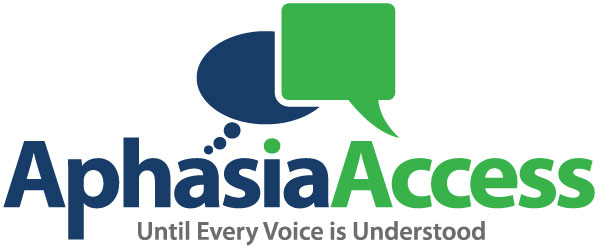Aphasia Group Activity - Unusual Views (Warrington) plus Rapid Assessment of Problem Solving (Marshall)
In this group activity, individuals are shown pictures that have been taken at an odd angle, in unusual lighting, or extremely close and asked to identify the objects shown. Then, individuals get into groups and play a guessing game to identify the pictures chosen. Use this activity to expand vocabulary, to support visual recognition skills, and to have a great time!
Back to All Group Activities
| Title |
Unusual Views (Warrington) plus
Rapid Assessment of Problem Solving (Marshall)
|
| Author and/or Submitter |
D. Insalaco, SLP
Hope & Stroke Aphasia Support Group at SUNY Buffalo State
Graduate students Morgan Nicholson and Chelsea Firth, who were inspired by Warrington's unusual views and Marshall's Rapid Assessment of Problem Solving.
|
|
Description
|
- Find unusual views on Google. These are pictures of everyday objects but the picture is taken from an unusual angle, is unusually lit, or is very close. The pictures should share some features, for instance, color, animacy, shape, category.
- The clients name or are introduced to each picture.
- The guessing game begins. A client chooses a picture; the other clients take turns guessing which one it is. Points can be given for eliminating the most pictures with one guess, but this is not necessary.
- The use of the unusual views really sparked our clients who had played RAPS before.
|
| Resources/Materials Needed |
- pictures of common objects
|
|
Preparation Details
|
- copy the pictures onto one page - Publisher is suggested
|
Preparation Time Needed
for First Administration |
|
| Preparation Time Needed for Subsequent Administrations |
|
| Time Needed for (or Best Suited to) Administration of Activity |
|
|
Selection Criteria
(See Below if Applicable)
|
- No restrictions, anyone with aphasia can do this activity.
|
Criteria for
Successful Participation |
|
| Adaptation Details |
|
| Other Adaptation Details |
- modeling of questions, max cueing for people with severe aphasia/apraxia
|
| Additional References and/or Documents |
|
Neuropsychological Studies of Object Recognition
Elizabeth K. Warrington
Philosophical Transactions of the Royal Society of London. Series B, Biological Sciences
Vol. 298, No. 1089, The Neuropsychology of Cognitive Function (Jun. 25, 1982), pp. 15-33
A clinical measure for the assessment of problem solving in brain-injured adults
Marshall, Robert C; Karow, Colleen M; Morelli, Claudia A; Kristen King Iden; Dixon, Judith. American Journal of Speech - Language Pathology; Rockville12.3 (Aug 2003): 333-48
|
|
|
